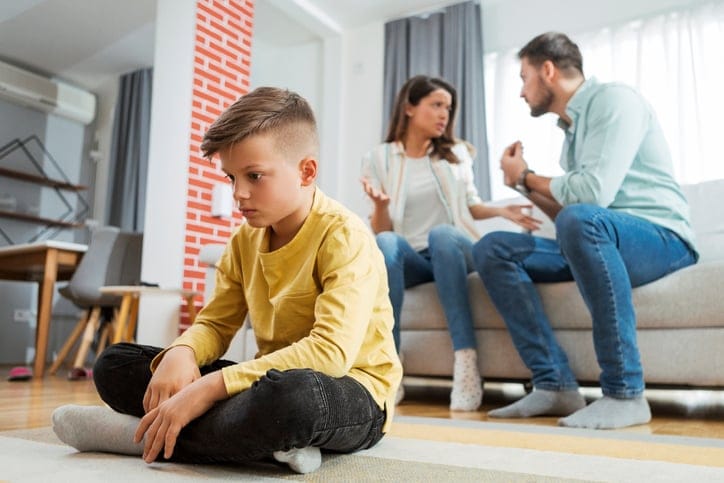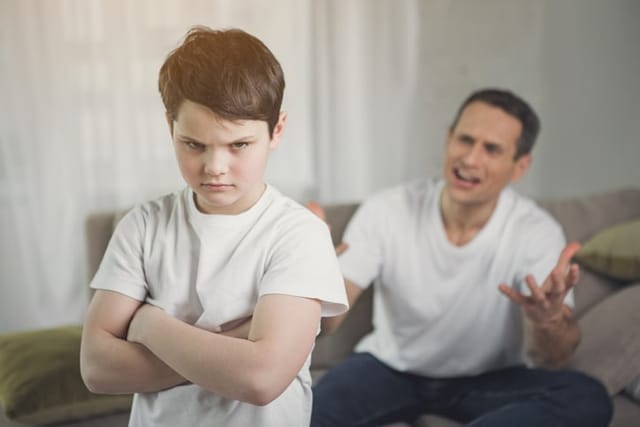While you might have had all your physical needs met as a child, you can still look back at your childhood and feel like something was missing. Emotional neglect is one of the most common types of maltreatment in childhood. In some cases, emotional neglect can be intentional, but in others, the parents or guardians had their own unresolved trauma and hadn’t realized weren’t meeting their child’s emotional needs. Here are some signs you experienced this while growing up.
1. You feel empty inside.
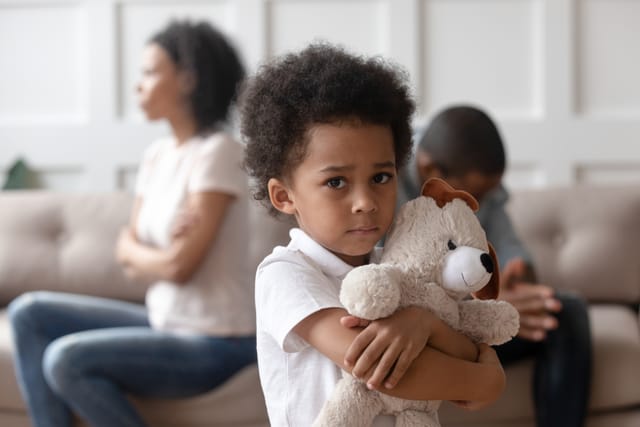
Even if there was no physical abuse in your childhood, emotional neglect can still have a terrible impact on your mental health. Even though you’re an adult now, you might feel empty, anxious, and depressed. You lacked warmth, affection, and support that would have made you a more secure adult.
2. You don’t know how to express your needs.
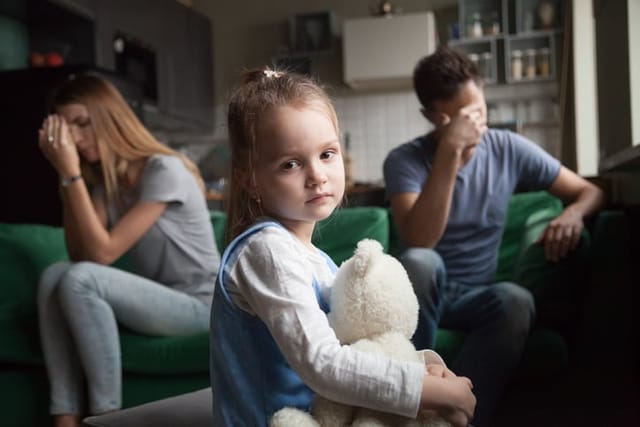
If your emotional needs weren’t met as a child, you probably don’t know how to express them now. You might find yourself dropping hints and growing resentful when others don’t pick up on them, which leads to frustration on everyone’s behalf.
3. You have low self-esteem.
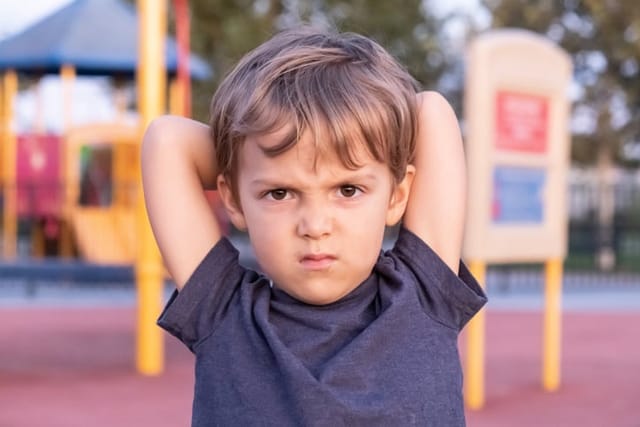
If you felt unloved growing up, you might have internalized this and believed there was something wrong with you — otherwise, why wouldn’t your parents or caregivers pay more attention to you or show you more affection/ As an adult, you still have low self-esteem because you can’t imagine anyone liking you for you.
4. You feel easily overwhelmed.
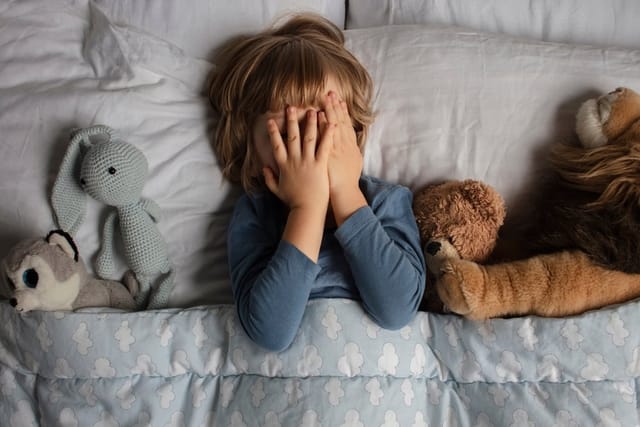
A parent’s job is to guide (and love) their children so they can become self-sufficient adults. After a childhood of emotional neglect, however, you might get overwhelmed when things go wrong or when you find yourself in unfamiliar situations because you weren’t taught how to navigate them.
5. You’re terrified of rejection.
Of course, no one likes being rejected, but those raised by emotionally neglectful parents might be more sensitive to it. You might find yourself clinging on to everyone in your life because you’re terrified they’ll leave, only to drive them away with that behavior.
6. You don’t know how to regulate your emotions.

You might have spent your childhood being taught that you can’t show negative emotions under any circumstances. Now, as an adult, you have no idea how to regulate your feelings when they get too intense. You might not even be able to identify what you’re feeling at all!
7. You don’t feel or act your age.
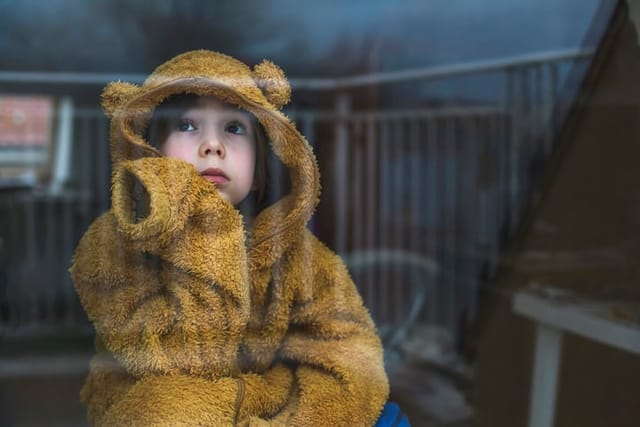
Children who were neglected emotionally might have had to be a caretaker for younger siblings (or raise themselves). As a child, people might have remarked that you were wise beyond your years. Now, as an adult, you feel years behind your peers. While most adults never feel as “grown up” as they think they should be, you might find yourself age-regressing when things get tough. In other words, you go back to a younger state of mind.
8. You have major trust issues.
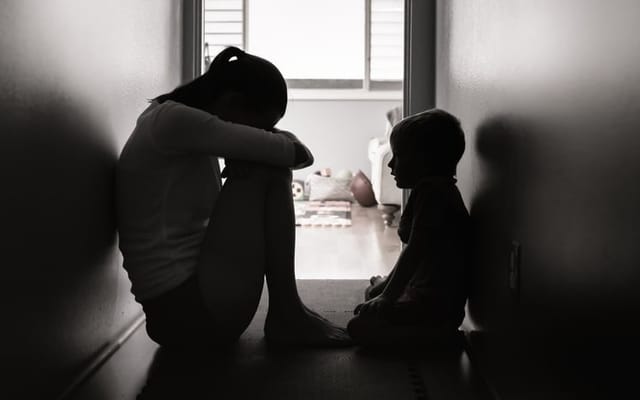
If you couldn’t trust your parents, you can’t imagine that anyone else out there can be relied on not to disappoint you. To be honest, trustworthy people are definitely hard to come by, but they do exist.
9. You have an insecure attachment style.
Attachment theory is the belief that how we form connections to other people is influenced by how our caregivers treated us as infants. If your needs weren’t met, you might have developed an anxious, avoidant, or disorganized attachment type. Having an insecure attachment type can make it harder to manage relationships with other people — and that’s putting it lightly.
10. You’re a major people-pleaser.
You might have tried to earn love and affection from your parents by minimizing your needs and trying to serve them. As an adult, you might still be a people-pleaser because you want everyone to like you. This just leaves you exhausted and more likely to be taken advantage of.
11. You often feel alone.

You might struggle to meaningfully connect with anyone since you never experienced these kinds of bonds growing up. Even if you’re surrounded by people, you can feel alone. This is due to your state of mind — the loneliness stems from no feeling emotionally fulfilled.
12. You feel like people don’t care.
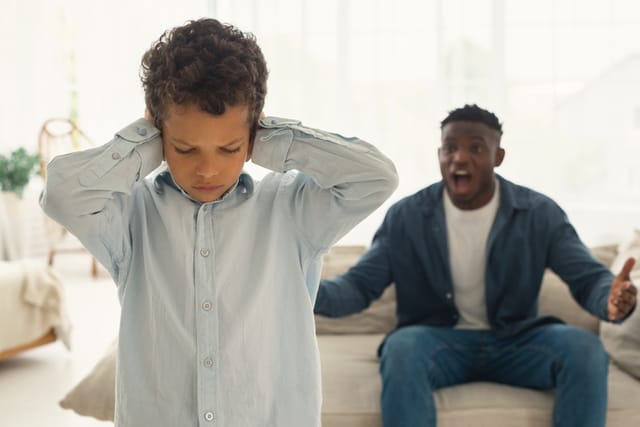
If your parents didn’t care about your well-being beyond meeting your physical needs, as an adult, you might find it extremely hurtful if people don’t seem to be paying attention to you. Even if the people in your life care about you, you might struggle to believe them. It just never feels like enough.
13. You over-explain yourself.

If you found yourself getting blamed for things you didn’t do or were never believed, you probably started over-explaining yourself in an attempt to clear your name. This habit can easily follow you into adulthood. While there’s nothing wrong with explaining yourself, going overboard with it can make you and the people you’re dealing with feel like whatever the issue was is a bigger deal than it actually is.
14. You have co-dependent tendencies.

If you were emotionally neglected as a child, you might continue to enter co-dependent relationships as an adult. These relationships are never healthy as you need your partner more than they need you, while they enjoy feeling needed or taking advantage of you. For example, this might manifest as enabling your partner’s bad behavior because you don’t think you can cope with them leaving.
15. You’re always trying to fix people.
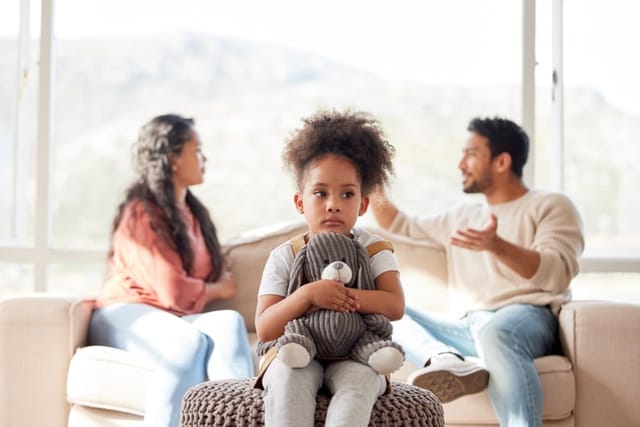
Since you had to fight for your parents’ love, you now find yourself chasing emotionally unavailable people or toxic ones. On some level, you might feel like a part of you will heal if you can be loved by someone who is typically cold. You might also find it easier to focus on other people’s problems than your own.
16. You feel uncomfortable when people are nice to you.
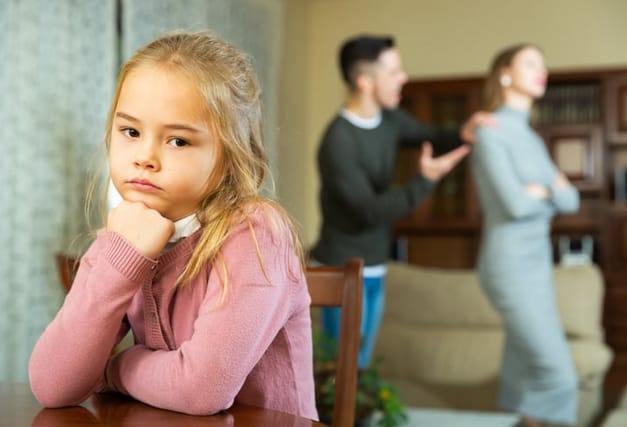
While you crave the love you didn’t get as a child, you also feel uncomfortable when people treat you well. You might even push them away because you think it’s too good to be true. You deserve to be loved — don’t forget that!
Enjoy this piece? Give it a like and follow Bolde on MSN for more!
